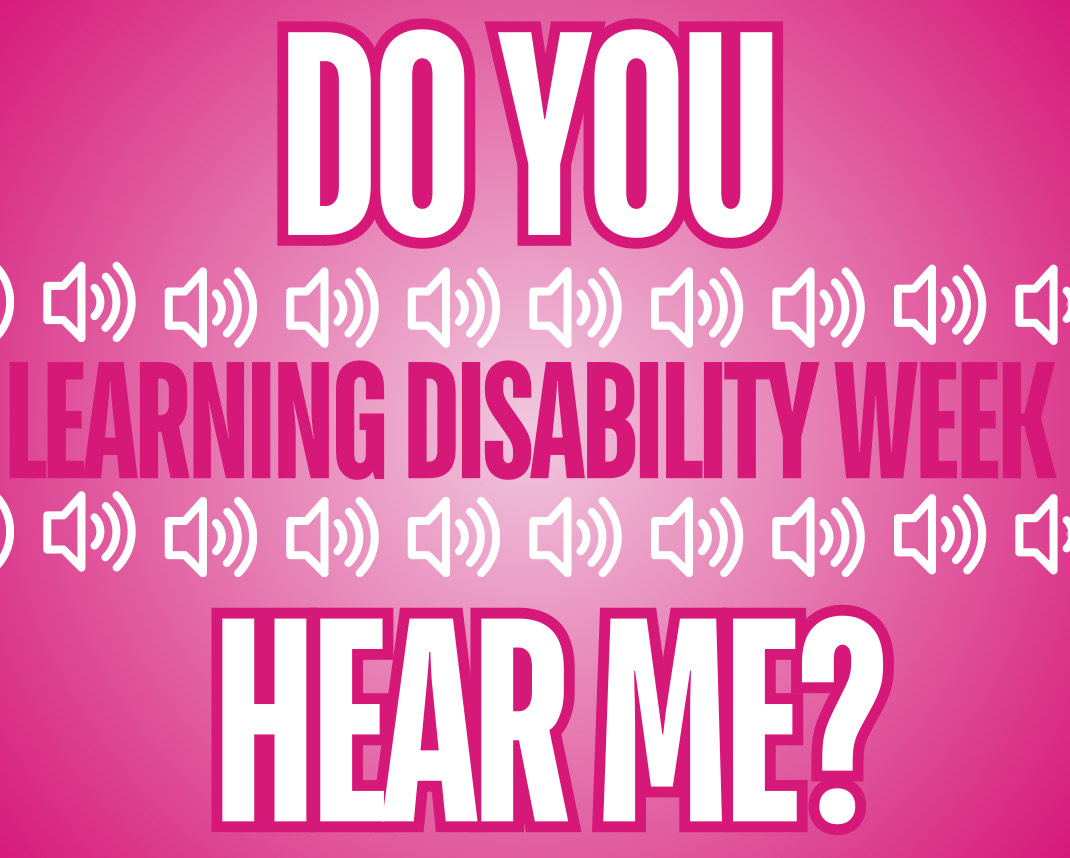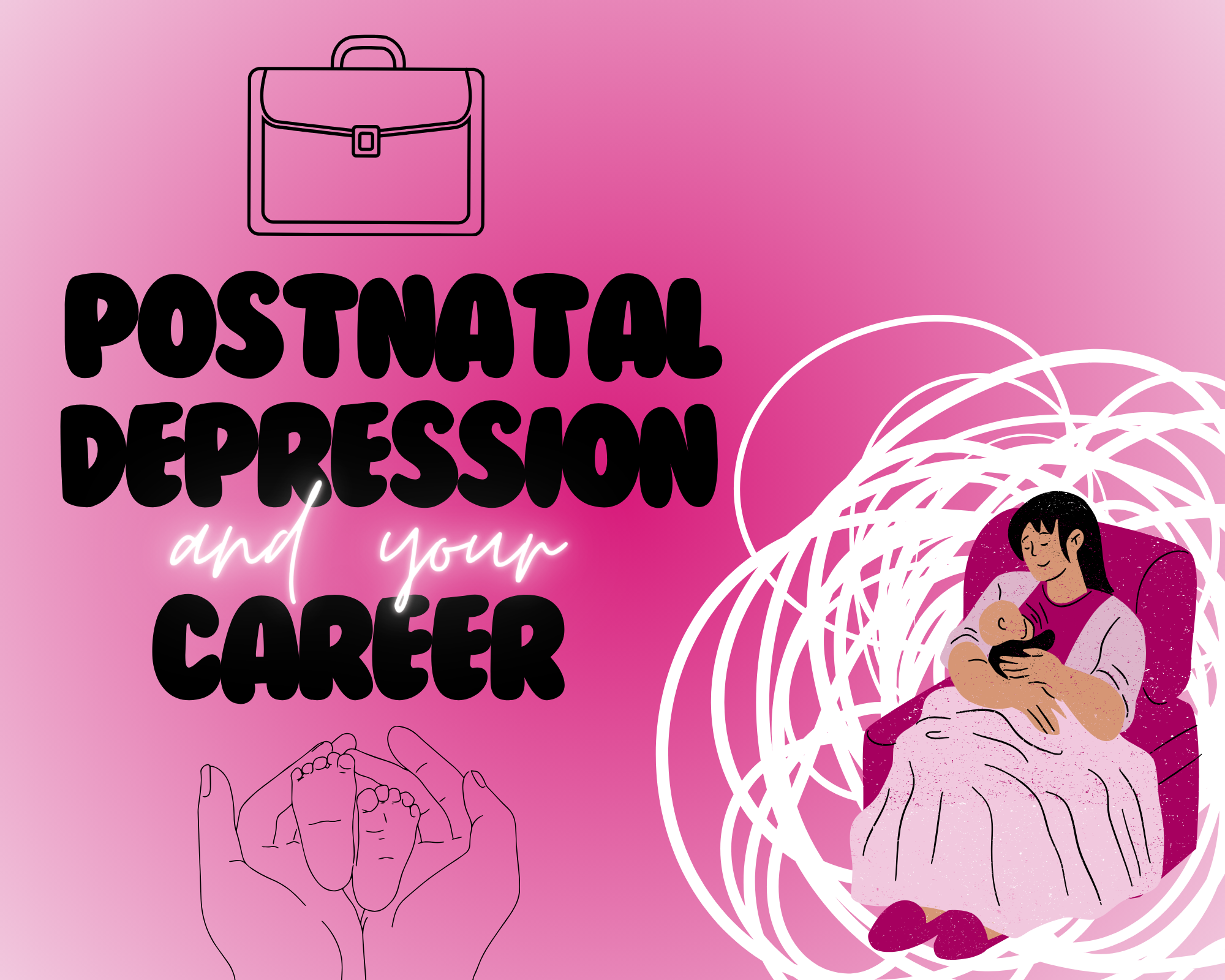Having a learning disability or disability that affects learning manifests itself in a multitude of ways in the workplace. Employment attorney Janelle Romero told WERK how to ensure these difficulties are understood by an employer.
Janelle Romero is an employment and labour law solicitor and uses her TikTok to educate people on their rights in the workplace, including those with learning disabilities.
Romero explained how social media has made a huge difference in the awareness and landscape of worker rights. People were really fed up with their employers during the pandemic and after engaging with lawyers’ content on Instagram and TikTok, now know what they’re entitled to. This increased access to education has shifted what employees are willing to tolerate. Those who need accommodations for their working life, such as those with learning disabilities, now have the confidence to speak up.
What does the law say about learning disability discrimination?
The Equality Act of 2010 legally protects people from discrimination in the workplace and wider society. This covers disability and outlines the statutory duty on employers to make reasonable adjustments in the workplace to avoid discrimination. The responsibility lies with your employer to understand the adjustments you may need and accommodate them. In terms of disclosing your learning disability or disability that affects learning to your employer, this is only necessary if you’re requesting accommodation, you don’t have to tell them if you don’t require anything from them. If you do choose to tell them and want it to be private, the Health and Social care (safety and equality) Act 2015 requires employers to keep this information private.
Your employer not discussing accommodating your needs despite having a doctors note, is not only discriminatory but is breaking the law.
What Adjustments Can I Access if I Have a Learning Disability?
Entitlement to accommodations depends on your specific learning disability. Start by discussing your needs with your doctor to determine the best adjustments for your situation. Employers can only deny requested accommodations if they can prove the adjustment would be “unduly burdensome.” In large companies, it’s unlikely that reasonable accommodations will be denied.
Examples of accommodations include extended deadlines for projects for people with dyslexia and ADHD. Those with dyslexia might need extra time to check their work, and individuals with ADHD may benefit from flexible time management. Employers should agree to these allowances unless they have a strong, proven reason not to. For people with autism who are sensitive to loud noises, requesting a private office or a quieter workspace can be an effective accommodation.
There are many learning disabilities and related needs, so these are just a few examples. Consult your doctor to explore what accommodations are available for your specific disability.
Why Should My Employer Care About My Disability?
Ethically, employers should accommodate your needs to maintain a positive and productive work environment. Neglecting this can lead to unhappy employees and a less successful company. Additionally, failing to provide necessary accommodations can result in legal consequences. If an employer is aware of discrimination and does nothing to stop it, they could face a lawsuit. Persisting discrimination or retaliation for complaints can also lead to legal action.
How Can I Begin to File a Complaint?
Start by consulting an employment solicitor to discuss your situation. Discrimination in the workplace isn’t just about overt insults; it includes being called “stupid” for needing more time due to a noisy environment. If you feel discriminated against, inform your employer in writing and use the term “discriminated” to make your complaint clear. If your employer or HR team takes no action after a reasonable period, they are liable. If you are dismissed shortly after filing a complaint, they are also liable. In such cases, contact an employment solicitor for further steps.




